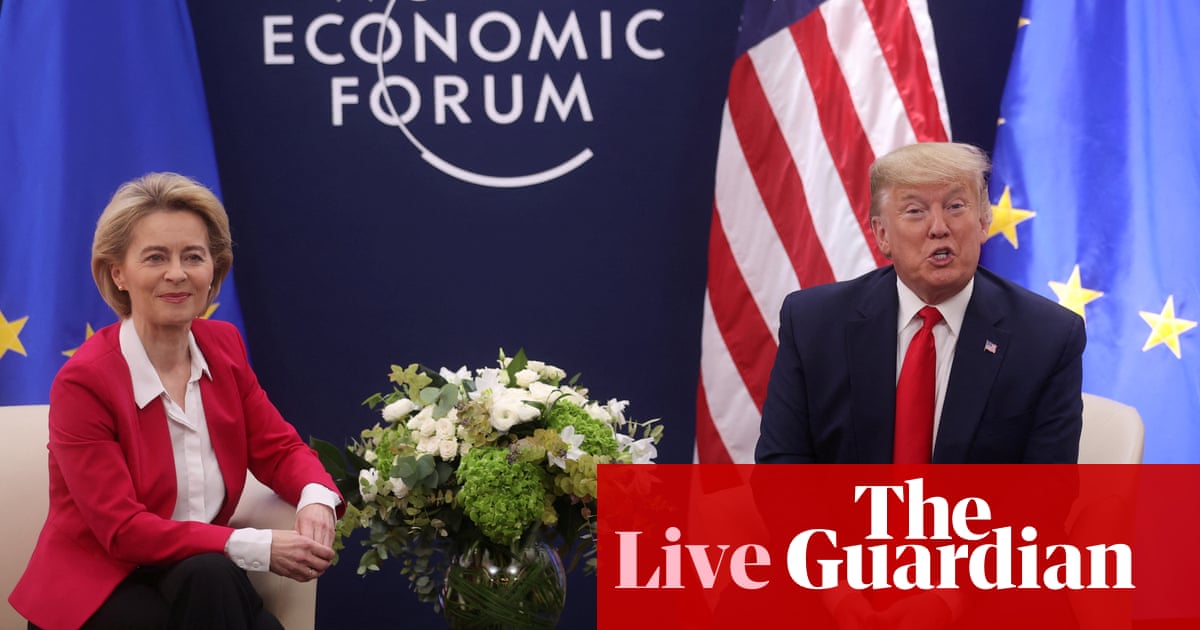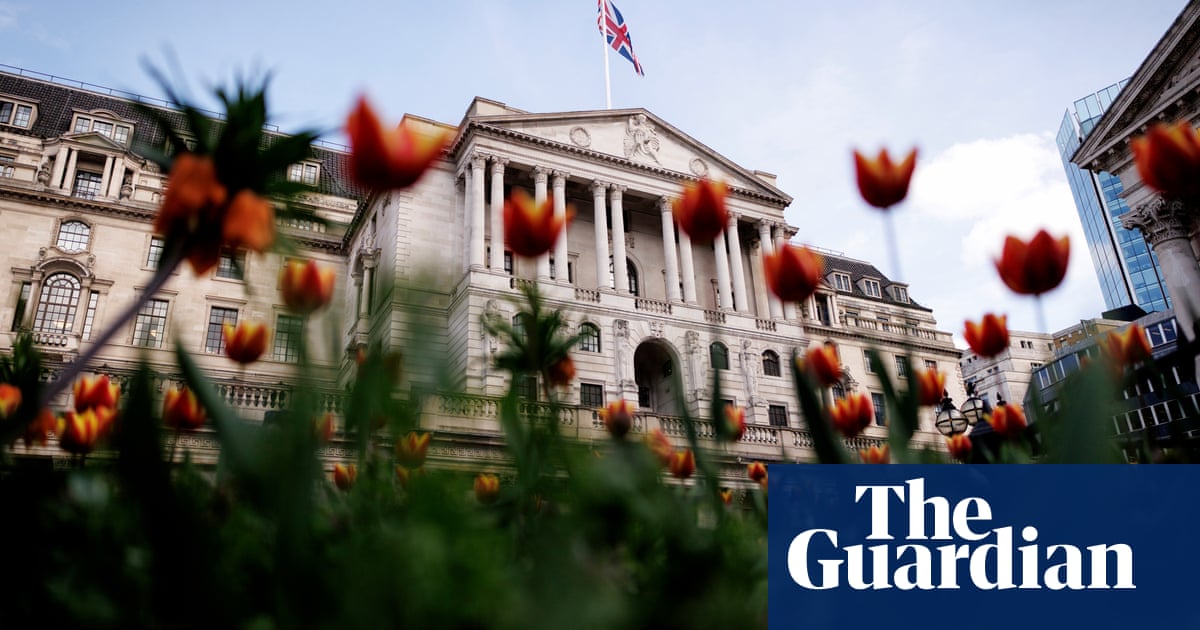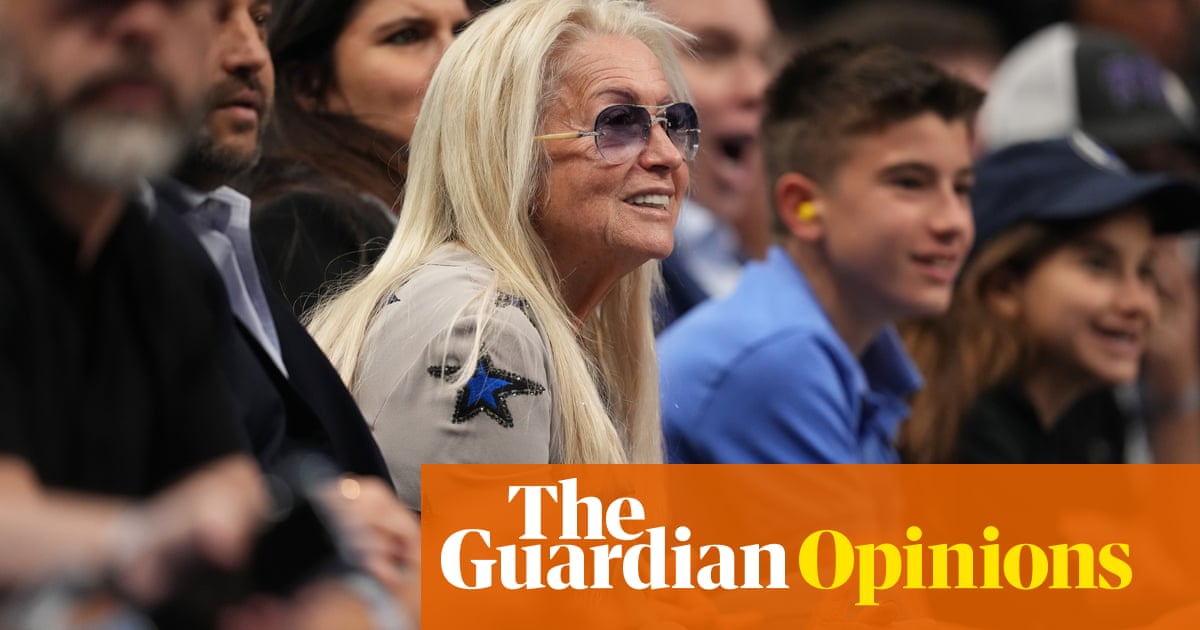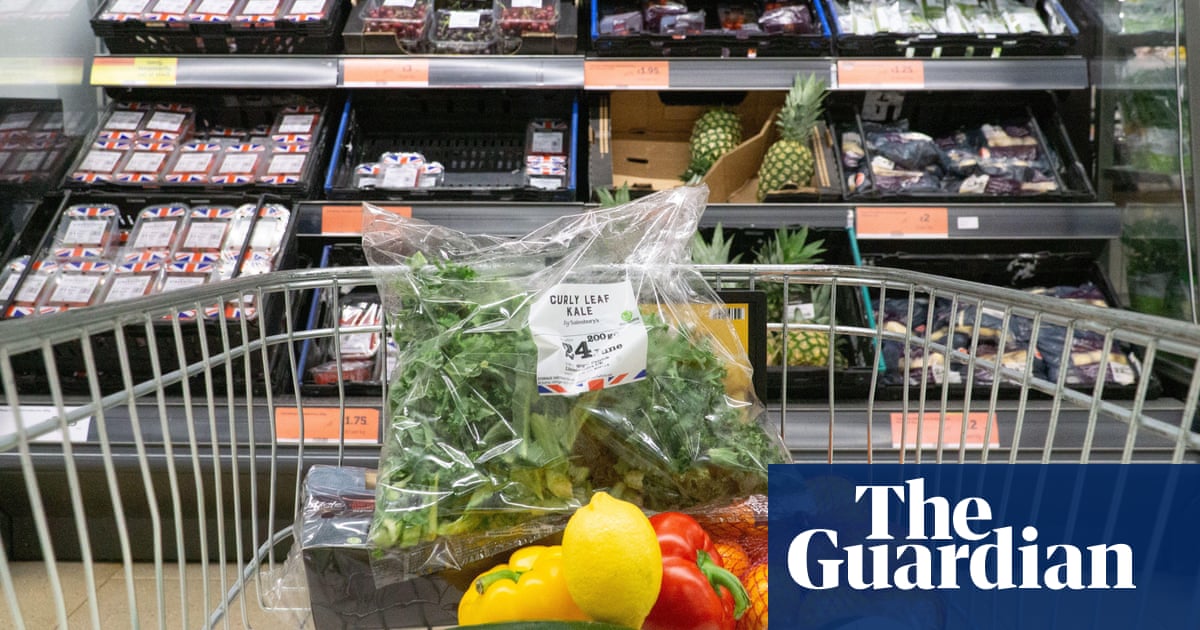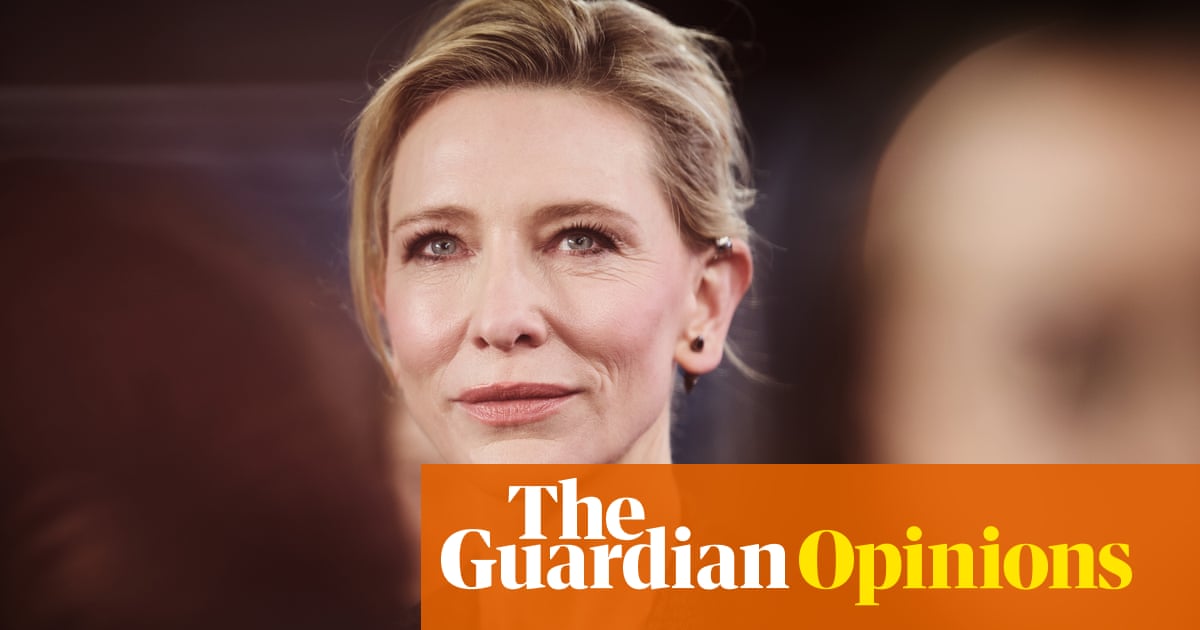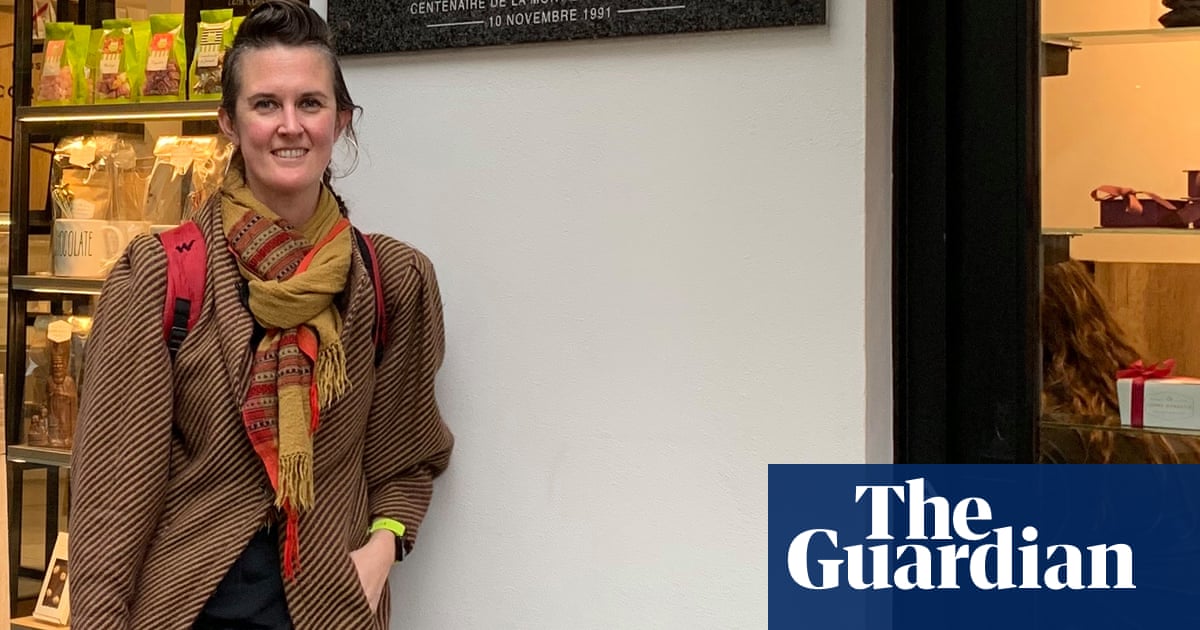Keir Starmer and Rachel Reeves are actively considering nationalising British Steel in an escalation of plans first revealed in the Guardian last year.
The prime minister said all options were on the table to secure the future of the Scunthorpe plant, which is owned by the Chinese firm Jingye and employs about 3,500 people.
The possibility of nationalisation was first revealed in December but discussions have taken on fresh urgency with US tariffs and talks about a financial support package to move to less polluting technology having faltered.
The government has now been forced to consider more drastic options, ranging from nationalisation to buying materials to keep the blast furnaces going.
If the plant is stopped, it could be even less economical to reopen, with only about 48 hours to buy raw materials to keep it burning. The facility makes the steel for almost all UK rail tracks.
Whitehall sources said Starmer and Reeves were aligned in considering steel to be of “huge strategic importance” and that “all options are on the table, including nationalisation”. The chancellor spoke to union leaders involved in talks over the weekend and made clear her support for the steel industry.
Starmer promised a hearing of parliament’s liaison committee on Tuesday that he would do everything he could to keep a functioning steel industry in the UK. “We are doing our everything we can to ensure there’s a bright future for Scunthorpe,” the prime minister said.
Jonathan Reynolds, the business secretary, is to have further meetings with British Steel bosses on Wednesday.
Meanwhile, Nigel Farage, the leader of Reform UK, repeated his call for the government to nationalise the Scunthorpe plant within the next three days or risk the closure of its two blast furnaces.
Farage said three days would allow time for orders to be placed for iron ore pellets and coking coal, which keep the furnaces running.
It forms part of Reform UK’s three-point plan to save British steel, which includes the government taking over two electric arc furnaces at Liberty Steel’s plant in Rotherham, and hiring global steel experts.
Speaking from the Scunthorpe plant, Farage criticised the government for having “dithered and delayed”, given “the UK’s steel industry is broken”.
The steel industry has been affected by Donald Trump’s tariffs: a 10% tariff on US imports of British goods has been imposed, along with a 25% tariff on cars and separate import taxes for steel and aluminium.
Starmer has said he does not believe Trump’s tariffs are a “temporary passing phase”, telling MPs that he would be pushing for mitigation but was prepared to retaliate if necessary.
The prime minister set out his latest stance on the tariffs that have caused chaos in global stock markets, saying the UK would not “jump in with both feet” to retaliate.
In a hearing of MPs, he said: “Obviously, we have to keep our options on the table and do the preparatory work for retaliation if necessary. But I think that trying to negotiate an arrangement which mitigates the tariffs is better.”
The UK is seeking to negotiate with the US over the tariffs, with Starmer confirming there could be “questions” about objections by the US to the digital services tax on big tech companies and new online safety laws that affect them.
However, he emphasised that he would not “trade away” the NHS with any concessions to the US in trade talks about access to the UK’s health market.
The Liberal Democrats called on Starmer to commit to giving parliament a say over any future US trade deal, saying: “It would be immoral for Trump’s tech bro backers to be given tax breaks while children’s safety online is thrown under the bus.”
Polling from More in Common has found that two-thirds of Britons are worried about the tariffs and are nearly twice as likely to support as to oppose retaliation, with 51% of people saying the UK should respond with tariffs of its own.
After Reeves sought to reassure the financial markets on Tuesday that there was no systemic instability, Starmer said his goal was to ensure the UK economy was “resilient and thriving”.
Asked if the government could intervene to prevent recession, similar to steps taken during the Covid pandemic, the prime minister said the support was “more in the nature of breaking down barriers that are in the way”, rather than spending cash. He said changes to the zero-emissions vehicle mandate and clinical trials announced on Monday were aimed at paving the way for this, along with changes to the planning system.
During the hearing, Starmer was also questioned by the chairs of select committees, including the Labour MPs Debbie Abrahams and Sarah Owen, on the impact of welfare changes on disabled people. In the two-hour hearing, Starmer:
-
Defended the welfare cuts as being based on “dignity” and criticised the Office for Budget Responsibility for not taking into account possible behavioural changes of people affected by the cuts when assessing the consequences of the policy.
-
Said threats from foreign powers targeting people in the UK were “growing” and the issue was constantly being raised in international talks. He added: “I think we generally underestimate that threat, and it’s very important we’re alive to it.”
-
Stepped up his criticism of regulators, telling MPs he was “astonished” by how many there were and saying he was “frustrated” by the barriers they put up.
-
Called for an inquiry into the killing of 15 aid workers in Gaza and said international law “underpins everything we do bilaterally and multilaterally” when questioned about the conflict in the Middle East.
-
Said he would speak to the intelligence agencies and the Kyiv government after Volodymyr Zelenskyy, the Ukraine president, said two Chinese citizens had been captured fighting as part of the Russian army.
-
Said changes to the social care system could come as soon as next year amid a review led by Lady Louise Casey.

.png) 1 week ago
14
1 week ago
14

